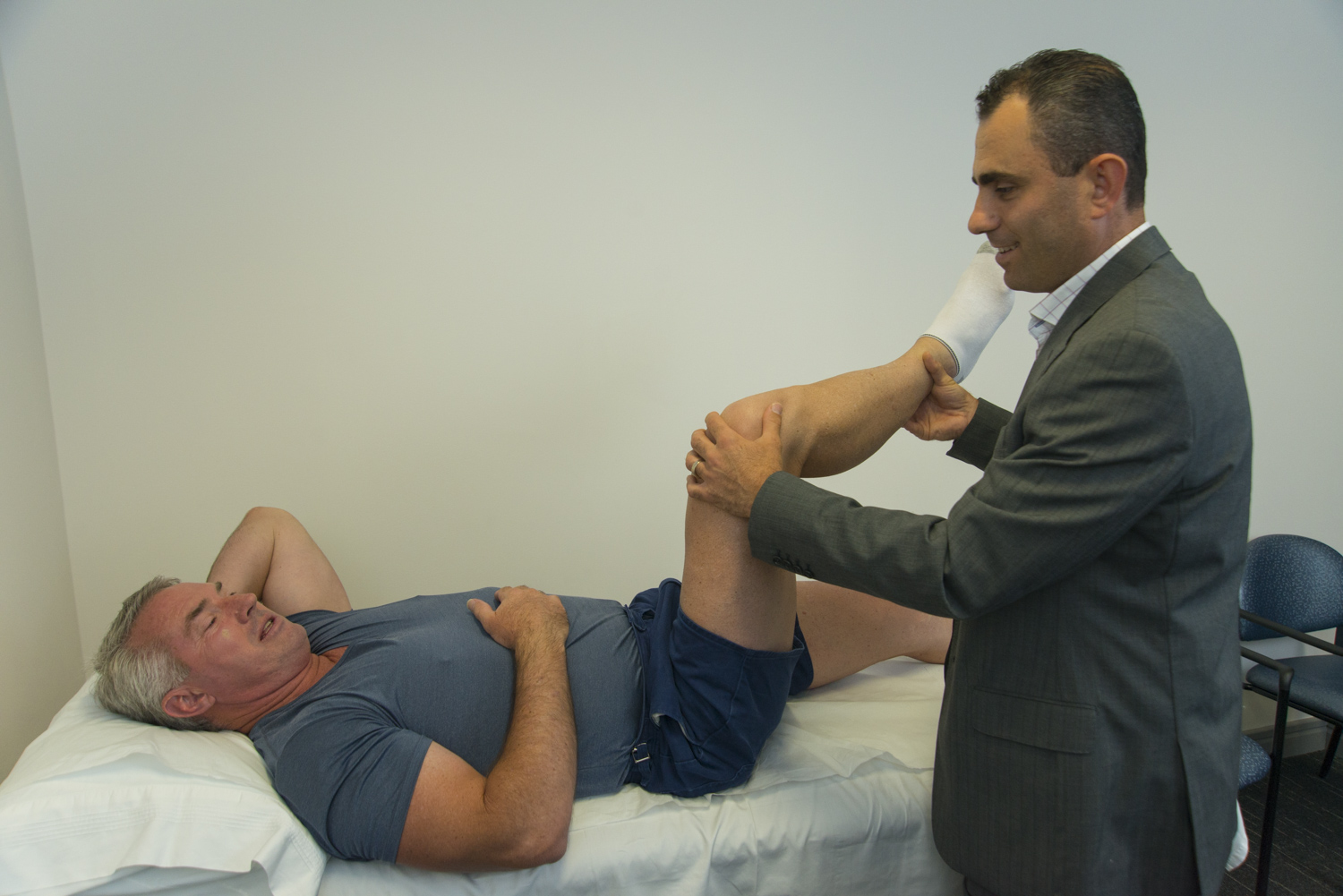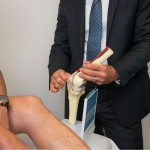
What is it, how to try to prevent it, how do we fix it
A torn meniscus is one of the most prevalent of all knee injuries and surgical treatment for meniscal tears are among the most commonly performed surgical procedures by orthopaedic specialists worldwide.
Footballers and other athletes are particularly susceptible to meniscus tears as they are most commonly damaged by a twist on a slightly flexed knee or when the upper leg is suddenly twisted or rotated while the foot remains planted. Tears can also occur from repeated or prolonged squatting.
What are the meniscus?
The “menisci” are our knees shock absorbers and play an important role in weight bearing and load of the knee joint. Each knee joint has two menisci. They are tough cartilage ‘C’ shaped discs that sit between the top surface of your shinbone and the thigh bone. The menisci:
- Provide shock absorption and distribute load throughout the joint
- Increase stability of the knee
- Provide nutrition for articular cartilage
- Limit extreme flexion and extension
- Control the movements of our knee joint
Whilst strains and tears of the meniscus account for many of the injuries in elite athletes, you don’t have to be a professional athlete to have one of these injuries.
Everyday recreational athletics and just our daily working life sees many thousands of people incur partial or complete tears of the meniscus.
How do you know if you have injured your meniscus?
Some indications that you have torn your meniscus include:
- Swelling, bruising or redness
- Pain at rest
- Pain in use
- Catching or locking
- Clicking
- Limited range of motion
- Stiffness
What factors can contribute to you damaging your meniscus?
There are some factors that can mean you will be more vulnerable to a meniscus injury including getting older, a previous injury, diminished flexibility and fatigue.
If you are an active sportsperson, remember that many athletes sustain muscle injuries when they just begin a training regimen. Our football fans will have noticed that it is common for us to see more soft tissue injury occurring in football pre-season training camps rather than throughout the season.
What can you do to reduce the risk of injury?
- If you are playing sport, make sure you start with a gentle warm up before your workout or game. This will increase blood flow and flexibility.
- Recognise when you are fatigued – and stop. Muscle fatigue takes away your body’s natural protective mechanisms and increases your risk of injury.
- Take time for a cool down
If you have sustained a partial or full meniscus tear you may require surgery to repair the damage. What does this involve?
All surgery for meniscus damage is done arthroscopically (keyhole surgery) and there are a number of different surgical procedures provided dependent upon the type of tear and the level of damage. These include:
- Meniscal repair. This involves sewing the torn edges together.
- Partial meniscectomy. This involves trimming away the torn area and smoothing the injury site.
- Total meniscectomy. This involves removing the whole meniscus (rare).
What is the recovery time after surgery?
Recovery time after meniscus surgery is dependent upon the type of tear you have incurred and the type of surgery you required and varies from patient to patient. Part of my role as a surgeon is to discuss and advise on an expected post-surgery recovery period as well as discuss overall lifestyle factors that will help you avoid further injury and improve your joint health.
How do I arrange for a consultation?
Please call our consulting rooms on 02 98063333 to arrange for an appointment. As an orthopaedic surgeon and in my role as team doctor for the Eels and the Wentworthville Magpies, I have provided non-surgical and surgical treatment options to repair damaged meniscus allowing a return to a healthy lifestyle as well as continued involvement with sporting and recreational interests. I will be pleased to talk to you about your individual needs and concerns and assist you with a suitable treatment.


